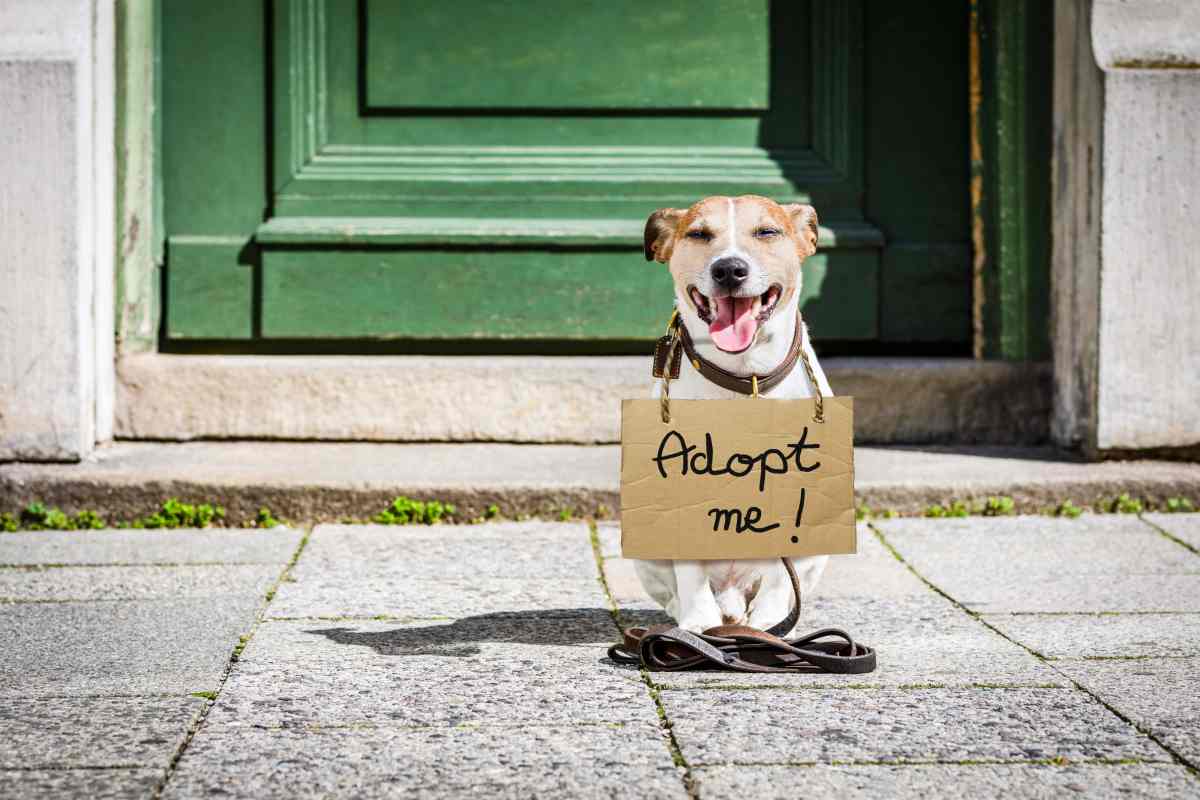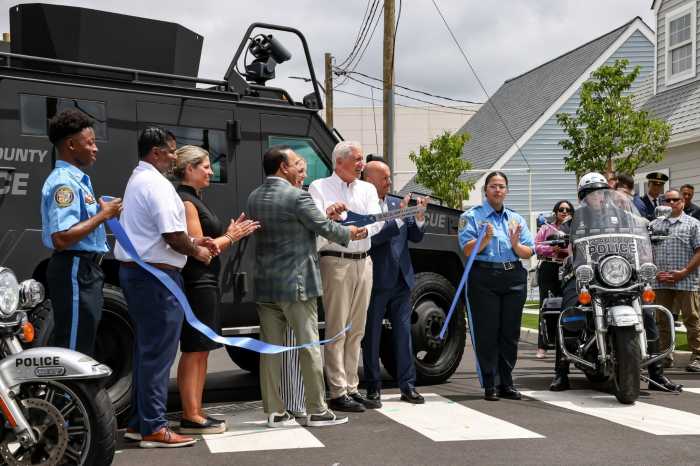With more than a million animals euthanized nationally due to lack of space in our country’s shelters, animal rescue organizations are often leaned on for help.
One nonprofit that stands out is The No Kill Project, an animal rescue and welfare organization working to create a no-kill society through education, advocacy, sterilization, and adoption of shelter and community animals. Having been involved with many rescues on Long Island and across the country, their efforts have saved thousands of lives to date.
“By coordinating large, difficult and tedious rescue efforts to help bring animals to safety, The No Kill Project often becomes the last hope of survival for animals in need,” says Isabel Pymm, the nonprofit’s president.
She recently traveled to communities that Hurricane Harvey hit. She and a group of volunteers brought 24 cats and dogs back to Long Island for care and foster placement. But natural disasters aren’t the only time they’re called.
“There are so many stray dogs in the south part of the United States,” she says. “They walk around as stray cats do here in New York. Backyard breeding, puppy mills, and absence of laws and funding contribute to massive overpopulation, and healthy dogs are often euthanized at shelters only because there is not enough space to house them. This is why rescue organizations such as The No Kill Project often visit Southern states in hopes to rescue dogs that would otherwise be killed due to lack of space.’’
On LI, a large population of stray cats often suffer at the hands of people and harsh winters. To help combat this issue, The No Kill Project advocates trap, neuter, return (TNR), which works to humanely trap feral cats, sterilize them and return them to their colonies where caretakers provide food and shelter for them. Any adoptable cats or kittens trapped during TNR rescue efforts receive veterinary care as needed, and are then placed in adoptive homes.
The No Kill Project is 100 percent volunteer based and relies heavily on foster families. All monetary contributions help cover veterinary care expenses, spay/neuters, vaccinations, micro-chipping, and foster care, and are also used to help fund community educational programs.
To browse the animals The No Kill Project has up for adoption, visit thenokillproject.org































